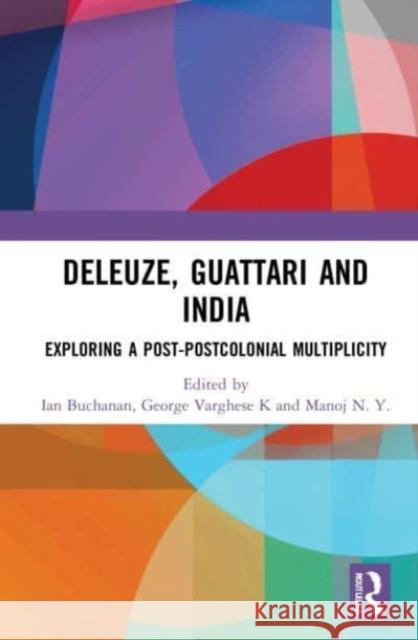Deleuze, Guattari and India » książka
topmenu
Deleuze, Guattari and India
ISBN-13: 9781032108476 / Miękka / 2023 / 258 str.
Deleuze, Guattari and India
ISBN-13: 9781032108476 / Miękka / 2023 / 258 str.
cena 219,90
(netto: 209,43 VAT: 5%)
Najniższa cena z 30 dni: 196,40
(netto: 209,43 VAT: 5%)
Najniższa cena z 30 dni: 196,40
Termin realizacji zamówienia:
ok. 16-18 dni roboczych.
ok. 16-18 dni roboczych.
Darmowa dostawa!
This book presents a pragmatic engagement between the philosophy of Deleuze and Guattari and various facets of Indian society, culture and art.











